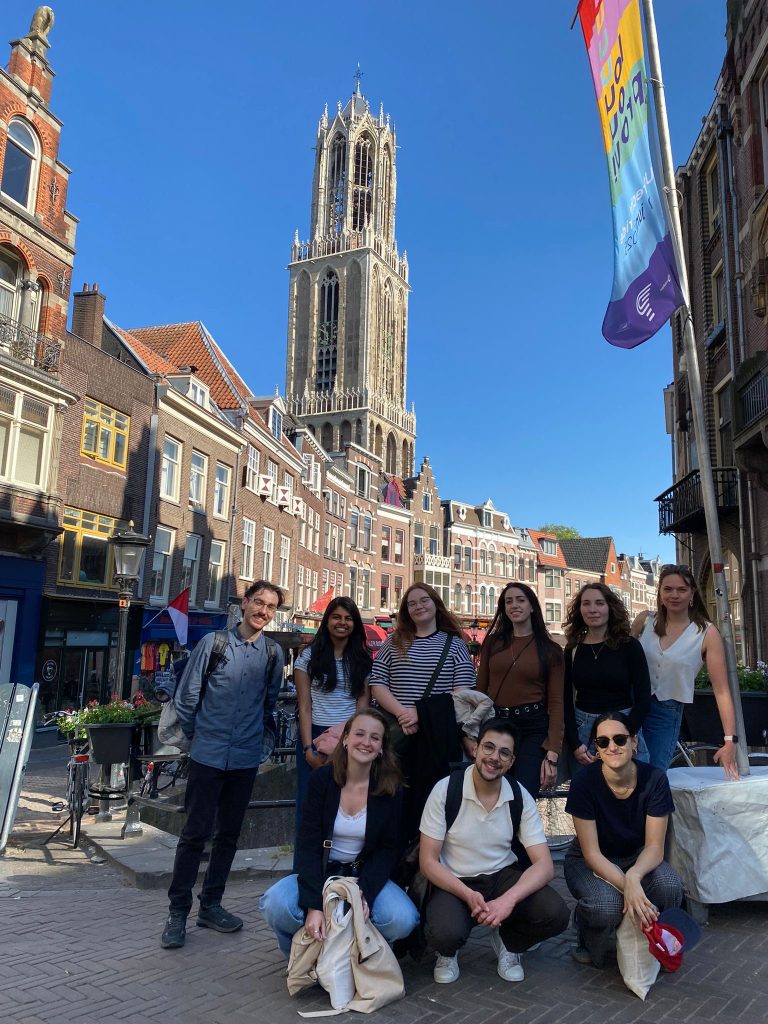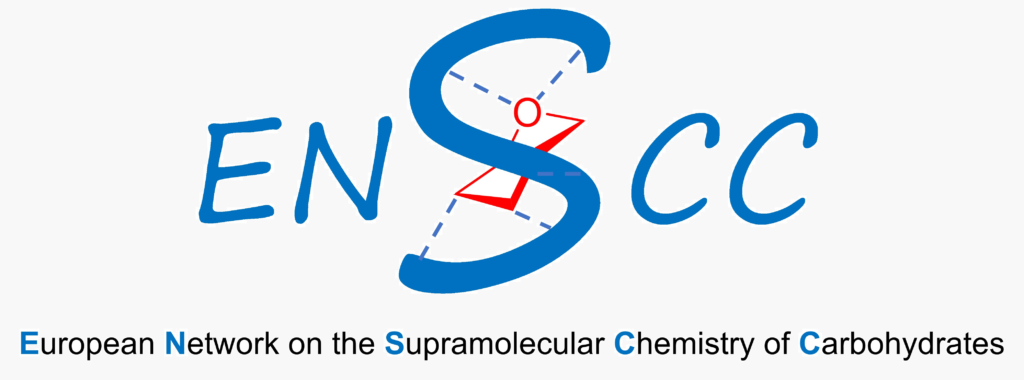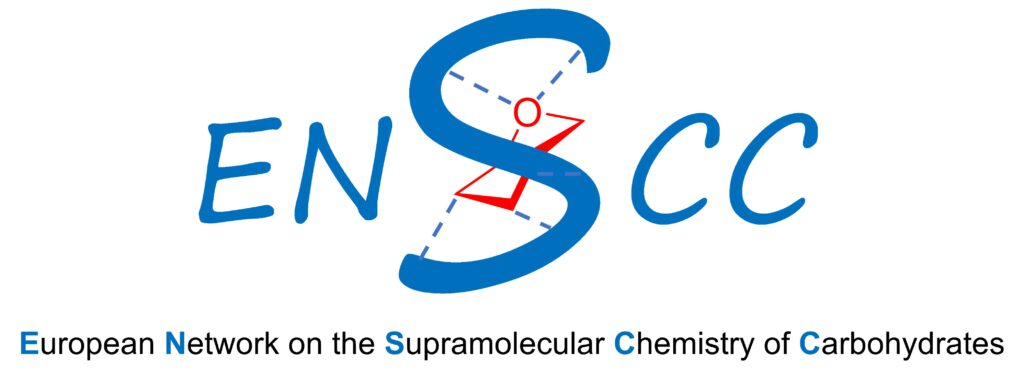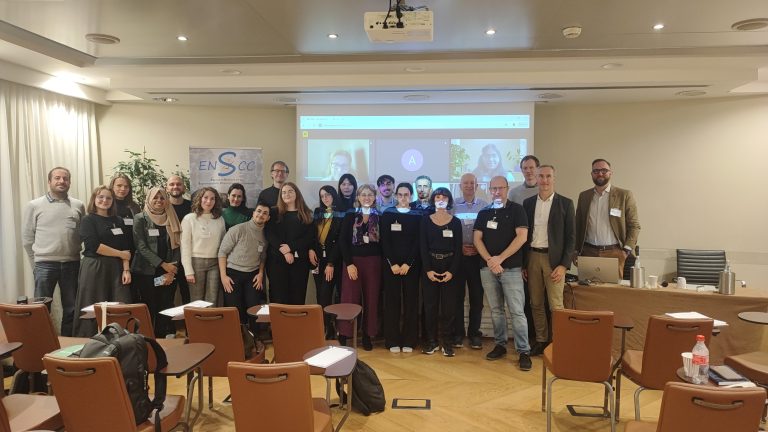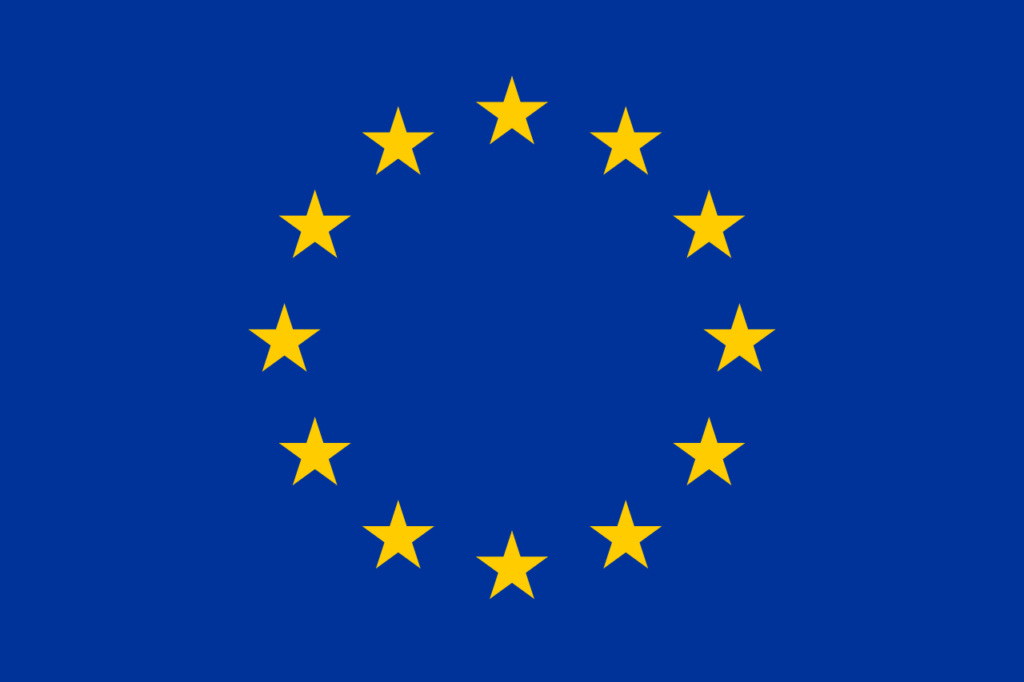ENSCC is an European Training Network funded in the framework of HORIZON Marie Skłodowska-Curie Doctoral Networks (DN). ENSCC is a multidisciplinary network that aims to understand, monitor and intervene in biological processes involving carbohydrates by developing carbohydrate-binding molecules (CBMs) that can selectively and supramolecularly (non-covalently) bind a variety of carbohydrate molecules ranging from simple monosaccharides to complex oligosaccharides and glycoconjugates. Technologies that can be developed based on CBMs could be exploited in medical therapies, glycobiology, and biomedical research and include: the separation and isolation of carbohydrate-containing molecules; developing carbohydrate sensing and detection devices; enabling selective chemistry on (unprotected) carbohydrates; and a range of biofunctional applications.
The main goal of ENSCC is to forge young professionals within an integrated research training programme in academia and industrial environments on the supramolecular chemistry of carbohydrates to ready the field for the future and unlock the full potential of artificial CBMs.
ENSCC will pursue this ambitious goal through a collaborative effort involving 4 academic groups, 2 research institutes and 2 industrial partners as Beneficiaries, along with 4 Associated Partners. The combination of the beneficiaries’ expertise in supramolecular chemistry, carbohydrate synthesis, conjugation techniques, nanotechnology, and molecular glycobiology along with a wide experience in business and technological transfer, will create a multidisciplinary environment in which 11 Doctoral Candidates (DCs) can nourish their skills and the most innovative ideas in supramolecular chemistry and glycosciences.
In parallel, ENSCC will improve the European competitiveness and innovation capacity by bringing to market and policy stakeholders new glycosciences concepts in the development of novel therapeutic options to tackle unmet medical needs and major global healthcare challenges.
What's New

